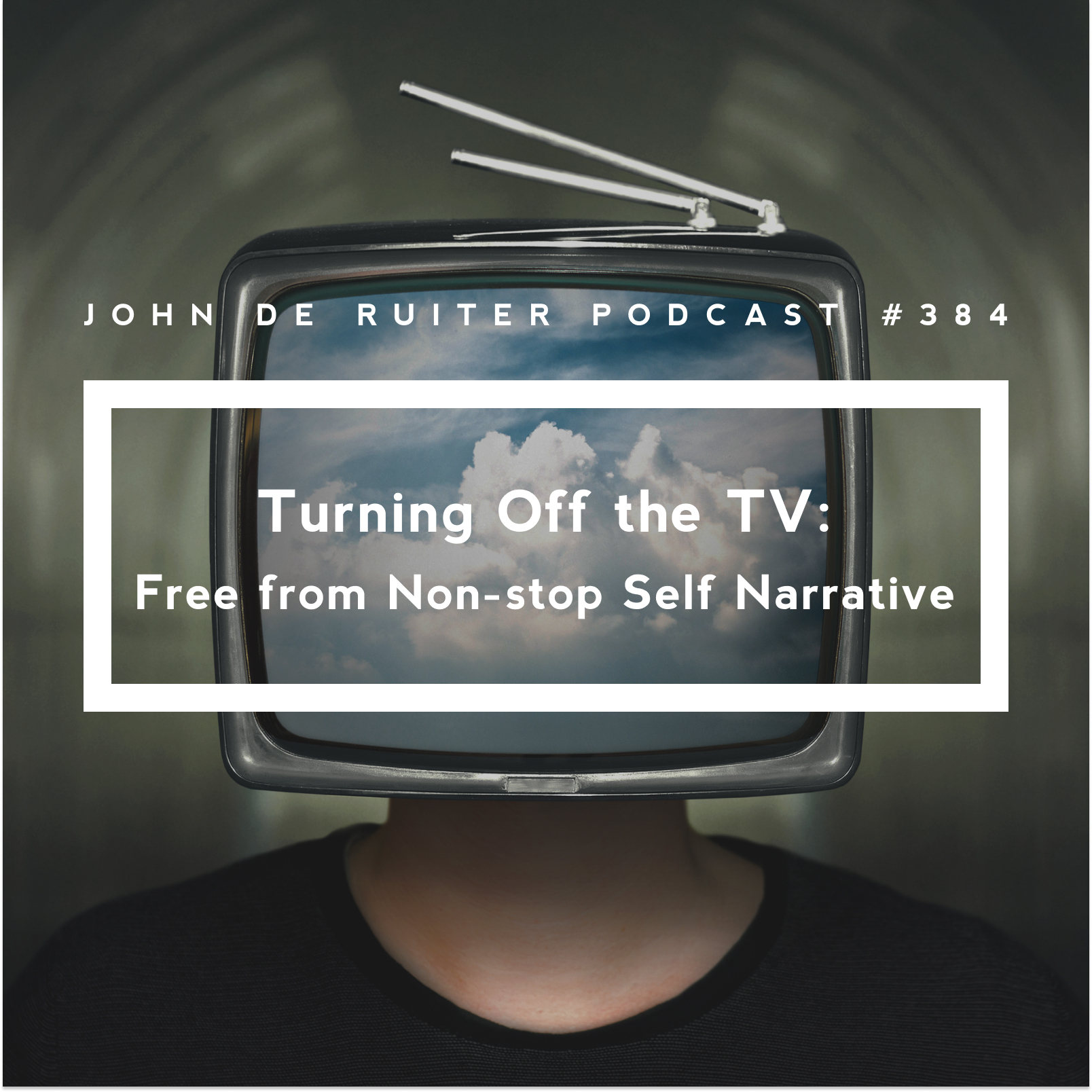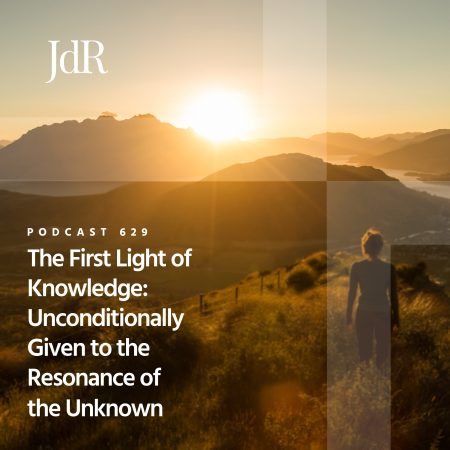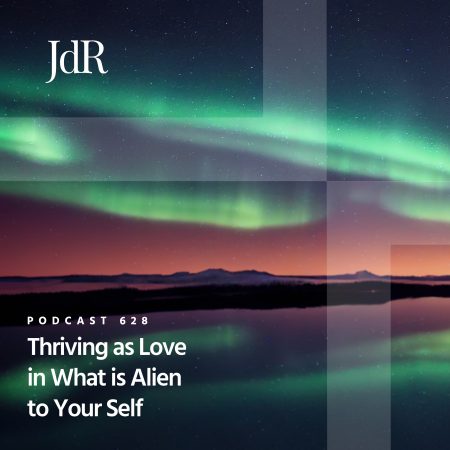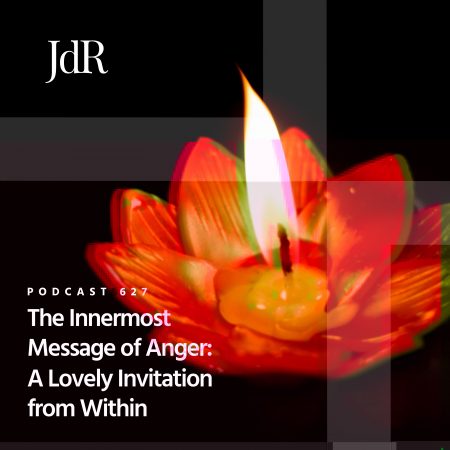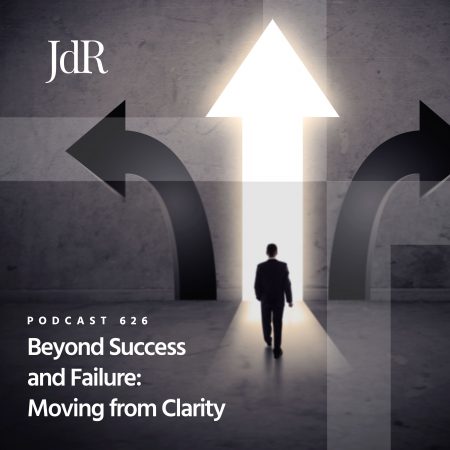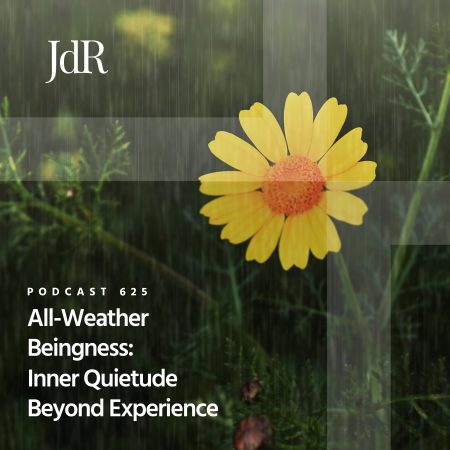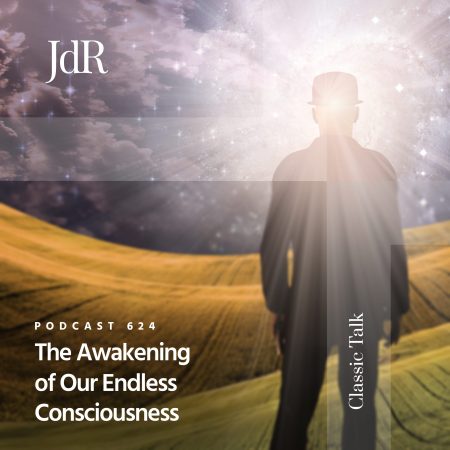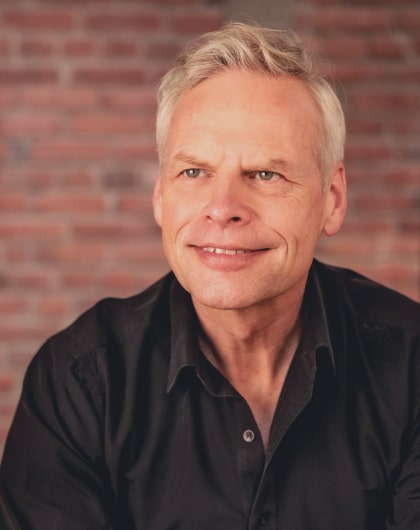John: Hello.
Q: Hi John. I’ve had a question that’s been going round my head for a while and it’s about the attachment to the ‘I’ and seeing through the illusion of self. I come from a Buddhist background where there’s various techniques to try to see through the illusion of self and break the ‘I’ attachment, as a key to progress and what I wanted to ask is, is this necessary or will this eventually just fall away? I know you teach staying soft and open, staying with the intimacy of being, but I feel so much that I want to free myself from the self, but, there’s this constant pull, flip flopping back and forth from being a centre, being lost in the self and seeing through that illusion, seems like something really key. So that’s what I wanted to ask you to speak a bit about, please.
John: In the littlest things, relate as intimacy. In the most meaningless things, the really, really little things, all of the little things that go unnoticed: relate as intimacy in them. The intimacy is you. If you’re being the intimacy in the most meaningless things, you’ll be the intimacy in the bigger things. You’ll be the intimacy in the midst of anything that affects your self.
You don’t need to get rid of your sense of self; just be intimate within instead of being your sense of self. It’s easy in the littlest things. If you live it in the little, you’ll live it in the big. Your brain doesn’t differentiate between the big and the little; it’s only your sense of self that differentiates what’s big to your self and what’s little or nothing to your self. It’s only in your self that you look to be something different in the bigger things.To your brain there isn’t a difference. Be intimate in the little things and it will hold in the bigger things. It’s only in your sense of self that you find a value in applying the truth you know in what affects your self, but if it isn’t in the little things, it isn’t real.
Q: Will the illusion of the self fall away?
John: In the presence of intimacy, yes.
Q: So it’s just keeping, staying with that warmness, that eventually the ‘I’ attachment, there will no longer be that pull.
John: Yes.
Q: When you talk about the river and people being in the river and sometimes not being in the river, being on the banks, are you talking about being in the river of being?
John: Yes.
Q: And then being out of the river is being in the self? Being on the banks?
John: Being about something and that includes the truth within. If you are about opening and softening, you’re in a narrative. A spiritual narrative is a truth story.
Q: I also find that if I’m still, I can feel that I’m in that but it’s not so easy as soon as I start to move. I can’t feel the same movement of being if I start walking, doing. It’s not so obvious. But I’m not sure whether I’m losing it or whether it should feel different anyway when you’re moving to when you’re still.
John: If you don’t know, don’t conclude. Concluding is an exercise of your self. It makes more of your self. Don’t conclude anything you don’t know the truth of. Have no dialogue inside about your self, about others, about circumstances or about the truth.
Q: Sometimes it doesn’t feel possible to stop the dialogue. Is it just a question of ignoring it, then?
John: Be intimate instead of in dialogue.
Q: So watching it?
John: No. Where you are being intimate, you’re not watching anything, you’re gone into the intimacy. Intimacy doesn’t observe; intimacy is beingness that is into everything.
Q: And that’s the same as having the warmth in everything, being warmly okay with everything?
John: Not with everything. You, warmly okay. It has no object. You being the real doesn’t require the use of your intelligence. The real moves through your intelligence.
Q: How do you give your thinking to your being?
John: Because you are in a body, in a self, you will think. It’s your orientation as awareness that determines from what you think: thinking from your self or thinking from what’s deeper than your self. When you think from your self because that is for your self, you won’t be in control of your thinking. You’ll be just always thinking. If you are being what you really are, if you are gentled and quieted in your heart, you only think as you have need of thinking because of movement of your self, moving your self. Thinking is practical, it isn’t a continuous movement on its own.
Q: Does the same apply for concentrated thinking, if you’re focusing on work?
John: Yes.
Q: That feels when I get most lost in my thinking from self.
John: Thinking is like watching television. The television is on only when you need it. You sit down in front of the television and you turn it on. When you’re finished with it, you turn it off and you go elsewhere. What people are used to on a mind level, and some actually live this way in their life on a superficial level, it’s like leaving the radio on constantly, or leaving the television on constantly, even though it isn’t being engaged or watched.
Another thinking addiction is the need of music.
Q: Can we enjoy listening to music from our being?
John: Enjoy music but then there’s a place for it. But when it’s on all the time, you’re using music to occupy your mind.
Q: Oh, I see. And watching TV, is that just a distraction or can that be done, watched from beingness?
John: That can be watched from your heart, beingness. Then instead of being entertained, you are a flow.
Q: How does that become a flowing?
John: You are a flow.
Q: So does that need alertness, a lot of alertness to not get lost?
John: You can be a flow without alertness or with it.
Q: Feels like I need to be alert, to stop getting out of the river onto the banks.
John: That makes being a flow dependent on being alert. It makes flow dependent on mind.
Q: So if you’re in the flow without alertness, how do you stop that, forgetting, and pull into self?
John: By you being oriented to what’s deeper than your self. Whatever you’re oriented to as awareness, you will be.
Q: Even though I want to orient to my being, and orient to my being all the time?
John: Wanting to has nothing to do with it. Wanting to is an emotional narrative.
It’s like being in love, when you are in love you’re not trying to be in love throughout your day, you’re not keeping your focus on the other person throughout your day. Without a thought, without any kind of inner dialogue, that in-loveness flows in you, whether you go to work, whether you spend time with other people, doesn’t matter what you do, the in loveness is a flow. It doesn’t have a focus. It isn’t a mind focus of yours. When you are in love, the in-loveness doesn’t occupy your self; it occupies you.
Q: So as your being grows, then it just becomes easier and easier to stay in that?
John: It increasingly has more form.
Q: And then that gradually dismantles the self, as the being has more form. Is that right?
John: It turns form of self into something different. A form of self comes apart and comes back together differently, in a way that matches you.
Q: You always say that that’s not necessarily comfortable to the self. Does that also mean that physically it can be uncomfortable to the self – not just emotionally and mentally? I sometimes feel like there’s physical symptoms happening from the deeper I go into this. I don’t know if that’s resistance or is just part of the nervous system changing?
John: It’s a part of the nervous system that gives you experience of your self because of your investment as awareness in your self, your investment as awareness in the habit of your self.
Bye for now.
Q: Thank you, John.
